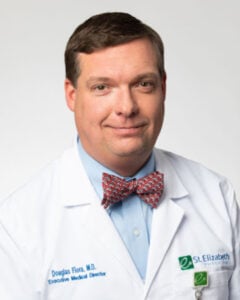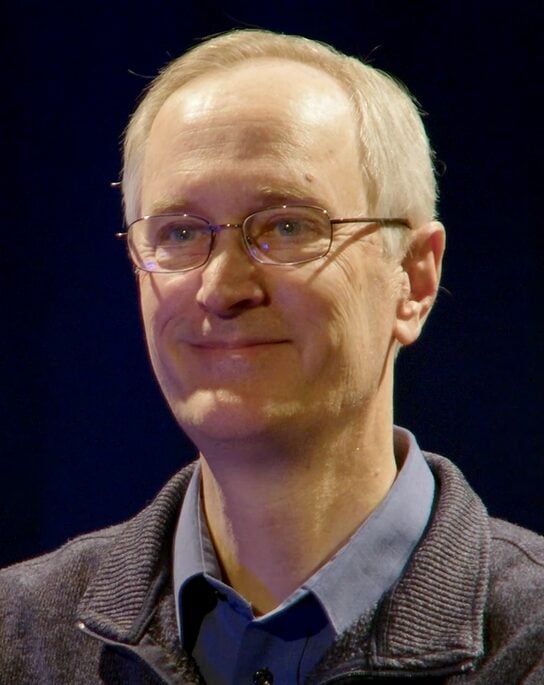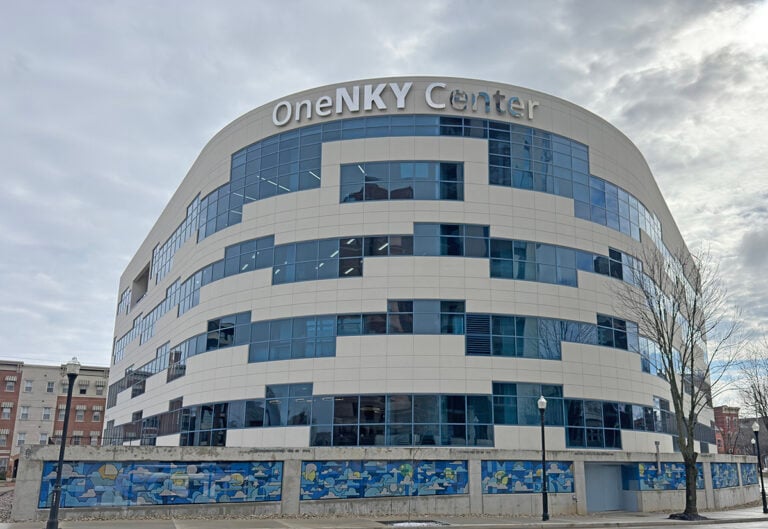No Kentuckian needs to be told what cancer can do. It’s a disease that leaves no family untouched, stealing time and taking loved ones too soon, and leaving behind scars you can’t always see. With 30,000 new cases diagnosed every year in the Commonwealth, its toll is felt in every county, every neighborhood, and often, at every family dinner table.
As an oncologist, I’ve had more conversations than I can count with patients hearing the words “late-stage cancer” for the first time. I’ve sat with them in that moment of shock, walked with them through the fear, the hope and the fight. And there is one truth I’ve learned: when we catch cancer early, we change everything. We save lives. We spare families years of unnecessary heartache. We prevent the crushing financial, physical, and emotional burdens that come when the disease is found too late.
That’s why at St. Elizabeth we’ve made early detection a cornerstone of our mission. We’ve invested heavily in screening and prevention, particularly in lung cancer, where Kentucky leads the nation in incidence rates. Lung cancer remains the deadliest cancer in the U.S., but when caught early, survival rates soar.
Through our comprehensive lung screening program, we’ve reached tens of thousands of Kentuckians. Already, more than 500 lung cancer patients have been diagnosed as Stage I patients. That’s 500 families who will now be spared the devastation of late-stage disease. That’s the power of early detection in action.

Now we are standing on the edge of a new frontier in early cancer detection– one that could transform how we diagnose and treat many types of cancer.
Multi-cancer early detection (MCED) tests are simple blood tests with the potential to detect dozens of cancers in earlier, more treatable stages. They don’t replace recommended screenings for breast, cervical, lung, prostate, and colorectal cancers—they build upon them, helping us find cancers that currently have no screening at all. And those unscreened cancers account for more than 70% of cancer-related deaths.
The promise here is enormous: MCED tests could save countless lives, reduce the need for aggressive and expensive treatments, and give patients hope when it matters most.
But science can only save lives if public policy keeps up.
The Nancy Gardner Sewell Medicare Multi-Cancer Early Detection (MCED) Screening Coverage Act is designed to do exactly that. It would allow Medicare to cover FDA-approved tests without years of bureaucratic delay—just as it did for other lifesaving cancer screenings. Seniors who face the highest cancer risk deserve that same timely access.
The bill has already earned incredible bipartisan majority support in the U.S. House and Senate, the first and only healthcare bill to do so. That’s because lawmakers acknowledge cancer isn’t political. It’s personal and touches us all. There is an ever-growing need to address America’s cancer crisis, which can only be done if we work quickly to remove barriers to care and connect patients with innovative, cancer-fighting tools.
And several of our Kentucky lawmakers recognize that and have already supported the bill. Our own Congressman Brett Guthrie (R-KY), who chairs a key House committee with jurisdiction over this bill, is working to advance this legislation. His support has driven much of the MCED Act’s progress thus far. To get cancer detection across the finish line, we need the entire Kentucky congressional delegation to prioritize passage of this bill.
Cancer isn’t waiting, and neither should Congress.
Congress must pass the MCED Act before the end of the year and give patients the chance to fight while there’s still time to win.
I have stood beside too many families after the point when early detection could have made all the difference. As a doctor and as a Kentuckian, I want to give every patient the best chance to survive. The tools are here. The science is ready. The question is whether we have the will to act.
Dr. Douglas Flora is the Executive Medical Director of Oncology Services at St. Elizabeth Healthcare in Northern Kentucky.

















